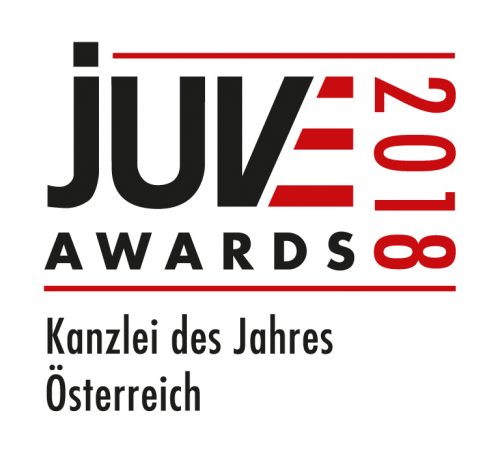Whistleblowing reporting systems
We help with implementation and processing!
On September 16th, 2020, the Federal Minister for Climate Protection and Energy Leonore Gewessler presented the draft of the Renewable Expansion Act (EAG), which is now being assessed. The background to this is the federal government’s goal to supply Austria exclusively with green electricity by 2030. For the necessary generation of 27 terawatt hours (“TWh”; more precisely + 11 TWh photovoltaics, + 10 TWh wind power, + 5 TWh hydropower, + 1 TWh biomass), the government allows some tax money to flow: ten billion euros will be spent over the next ten years. Below we present the cornerstones of the draft.
The funding instruments are undergoing a fundamental change: market premiums instead of fixed feed-in tariffs should increase funding efficiency in the future. A new approach is being taken here: market premiums are to be granted – at least for larger systems – after the invitation to tender. A market-based element is thus finding its way into the promotion of renewable energies. A newly established central funding agency will be responsible for handling the tender. In practice, direct marketing will also be important since there will no longer be any purchase obligation on the part of a central authority. However, for smaller systems direct investment grants will still be possible.
An important and media-effective part of the EAG draft is the promotion of photovoltaic systems. In the future, every household should be able to produce as much electricity as it consumes. The connection conditions for smaller systems stipulate that the entire electricity requirement of the household can be covered by photovoltaics without additional costs. Additionally, more and more PV systems should be built on roofs that are (not yet) suitable for PV systems (“Rooftop solar systems for 1 million roofs”). The EAG provides for a discount of 30 % for systems that are built on open spaces and green areas.
There are also innovations in the funding processing. Instead of handling the funding for PV systems through two different bodies (climate and energy fund and green electricity processing agency), a central funding agency will be responsible for all funding for renewable energy deployments. It will provide funding several times a year and thus ensure that funding is provided continuously. For the sake of transparency, the current progress of the PV expansion should be published regularly on the federal ministry’s website.
The promotion of new and especially existing biomass energy plants was controversially discussed in advance. The draft now offers a compromise: on the one hand, already existing plants are funded and on the other hand, the funding of biomass energy plants is capped by the funding target of an additional TWh by 2030. Moreover, there exist minimum requirements for the efficiency of biomass energy plants and the funding period is limited to a total operating time of 30 years. In the case of large biomass energy plants, the market premium is determined through an invitation to tender; in the case of smaller plants, this premium is determined by the authorities.
The Renewable Expansion Act also focuses on the active participation of the population in the expansion of renewable energies: everyone should (be able to) contribute to the energy transition. Several households are merged to form a renewable energy community, so that the production and use of renewable energy is promoted, for example by setting up a PV system on a suitable roof in the neighborhood. Furthermore, a cross-regional joint use of renewable energies is to be introduced. People from Bregenz to Vienna should be able to buy photovoltaic systems together and commonly use electricity.
The assessment of the EAG draft ends on October 28th, 2020. Comments on the draft can be found here. The Renewable Expansion Act is expected to come into force in early 2021.
Our experts from the competition law and environmental law department will be happy to answer any further questions you may have on this topic.
This article provides only general information and does not replace legal advice. Haslinger / Nagele Rechtsanwälte GmbH assumes no liability for the content and correctness of this contribution.
28. September 2020






